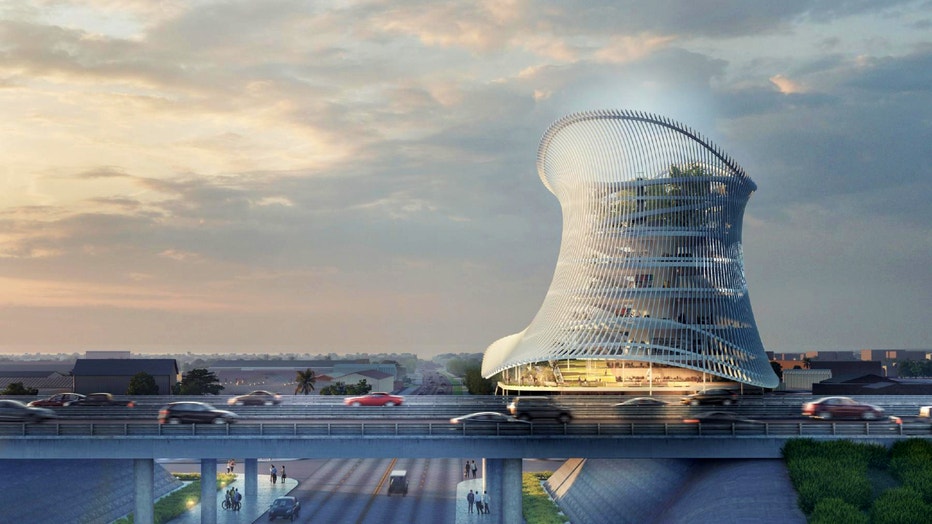Pulse owners, onePULSE Foundation fail to reach agreement on memorial site to honor victims
ORLANDO, Fla. - As the seventh anniversary of the Pulse nightclub shooting approaches, the nonprofit foundation established to create a permanent memorial and museum to honor the victims is at odds with its founder on where to build the complex.
The onePULSE Foundation said it had previously planned to build a national memorial on the grounds of the Pulse nightclub, south of downtown Orlando, "to commemorate the 49 lives taken, survivors, first responders, and all those impacted," in one of the worst mass shootings in U.S. history. In the months following the shooting on June 12, 2016, the nightclub property had been turned into an interim memorial lined with photos of the victims and rainbow-colored flowers and mementos. The site continues to draw several visitors each year, according to the foundation.
Plans for a permanent memorial on the nightclub property fell through when the foundation was unable to reach an agreement with Pulse owner and onePULSE founder Barbara Poma, her husband, Rosario Poma, and their business partner, Michael Panaggio, the foundation said.
RELATED HEADLINES:
- Musical inspired by Orlando's reaction to Pulse production 'From Here'
- The onePULSE Foundation announces new executive director Deborah Bowie
- onePULSE Foundation Founder Barbara Poma leaves organization
- Plans for National Pulse Memorial & Museum causing controversy
"As a result, onePULSE will provide an update mid-May, regarding moving forward with plans for the National Pulse Memorial on a new site, Orlando Health Survivors Walk and Pulse Museum," read a statement released by onePULSE.
Early plans called for the construction of a memorial at the nightclub’s location and a museum several blocks away. A group of survivors and family members of those killed in the tragedy formed an organization to oppose the building of a private museum to honor the victims.
Members of the Community Coalition Against a Pulse Museum said the nightclub should be torn down, and any money raised for a private museum instead should be channeled to survivors. "Put people first," the group said on its website. "We care more about our survivors than educating tourists." The coalition also called for a memorial to be constructed on public property.
In 2019, the foundation purchased land to build a museum on a property that sits about a third of a mile from the Pulse nightclub site. At the time, foundation officials said funding from Orange County helped cover the cost of the $3.5 million parcel at 438 W. Kaley Street [GMap]. That same year, the foundation launched a global design competition for the memorial and museum which was later awarded to French firm Coldefy & Associés with RDAI and Orlando-based HHCP Architects.

National Pulse Museum rendering for property at 438 W Kaley St, Orlando. Designs by Coldefy & Associés with RDAI and Orlando-based HHCP Architects.

National Pulse Museum rendering for property at 438 W Kaley St, Orlando. Designs by Coldefy & Associés with RDAI and Orlando-based HHCP Architects.

National Pulse Museum rendering for property at 438 W Kaley St, Orlando. Designs by Coldefy & Associés with RDAI and Orlando-based HHCP Architects.
Poma was succeeded as executive director of the onePULSE Foundation by Deborah Bowie in May 2022 and had begun pivoting her focus on the foundation’s national fundraising efforts – part of a new leadership transition that began in 2021, according to the foundation. Then, last month, it was announced that Poma had left the organization.
Poma had helped to open the club in 2004 in memory of her older brother, John, who died after a long battle with AIDS in 1991.
The Associated Press contributed to this report.

